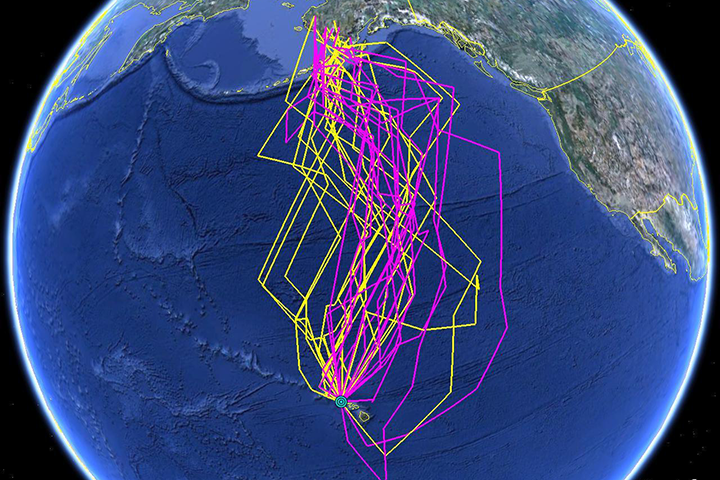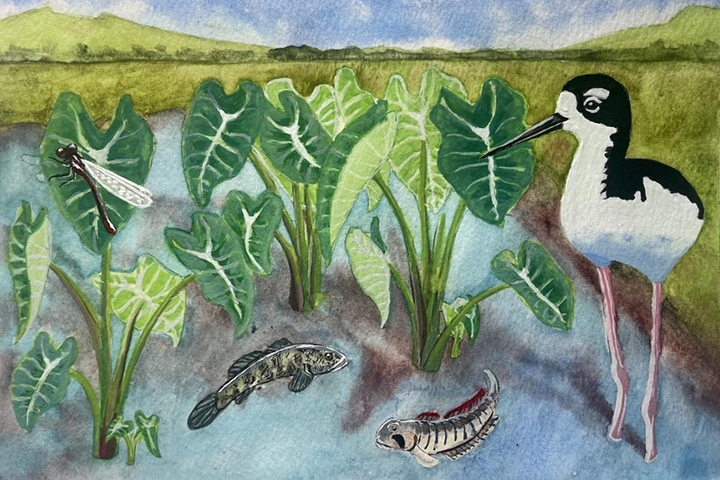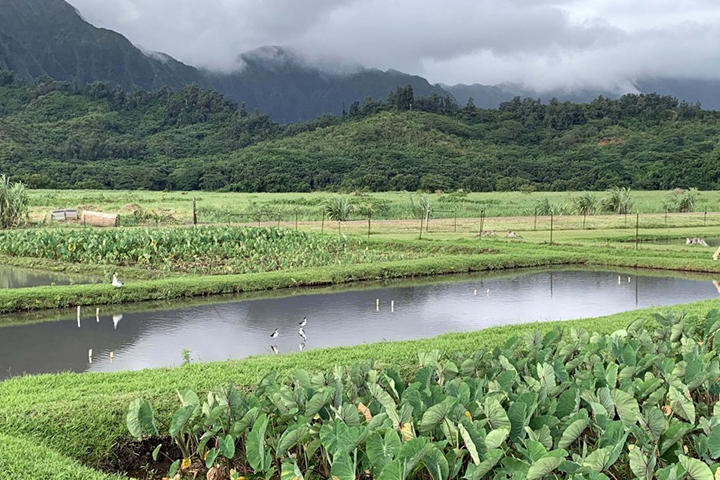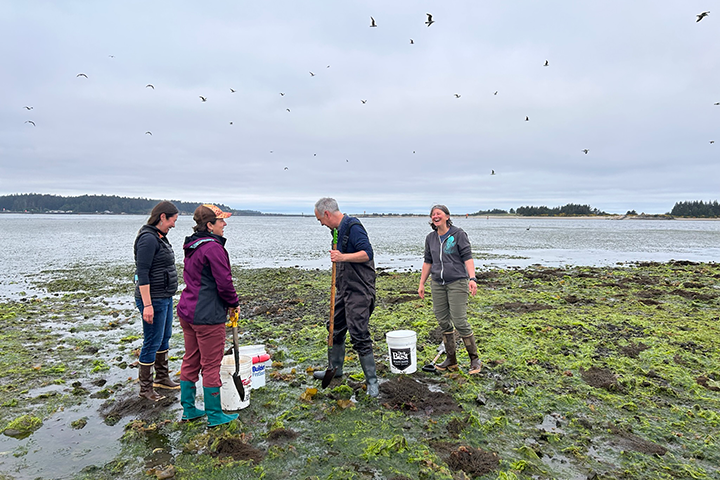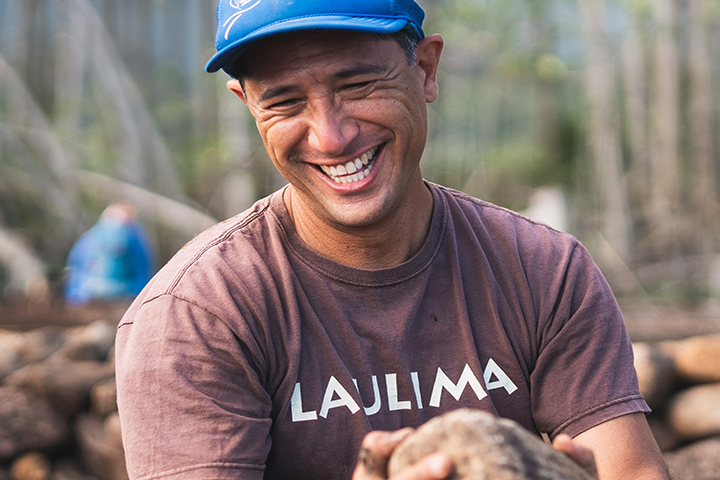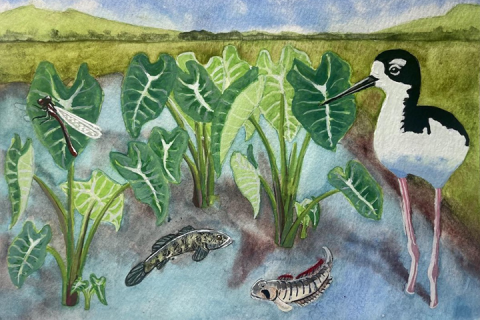
Embracing Indigenous Knowledge in estuary stewardship has cascading benefits for birds and people.
The Project
NERRs are important platforms for science and engagement representative of their bioregions. However, many reserves have identified a need for more effective approaches to engage with Indigenous science and place-based knowledge systems of local communities. Indigenous perspectives that center people as an inseparable part of nature provide a holistic counterbalance to conventional, reductionist views of humans as separate from nature. Increasing the dialogue between conventional and Indigenous science opens the door for innovative co-production of locally relevant knowledge, and offers a more effective, equitable, and sustainable way forward.
This catalyst project connected five reserves with a common interest in better integrating conventional and Indigenous Knowledge sources and management practices. The project built on the existing co-management framework at He‘eia NERR and drew from methods piloted in earlier collaborative efforts. A focal point of this project was an in-person, multigenerational workshop hosted at He‘eia NERR with visiting Indigenous Peoples and local community (IPLC) partners. The workshop facilitated opportunities to learn from the co-management framework and practices at He‘eia NERR, to exchange knowledge and practices from other reserves and IPLC partners, and to discuss ways these frameworks and approaches can be applied in other estuarine systems. Examples of post-workshop actions taken by project participants to move towards co-management and co-stewardship with Indigenous partners include:
- Co-developing reserve priorities (e.g., management plans, hunting/harvesting policies) with Indigenous and local community partners;
- Re-framing stewardship and research priorities using a biocultural lens;
- Co-developing funding proposals to support integration of Indigenous Knowledge in reserve research and restoration projects;
- Formalizing Indigenous roles in reserve decision-making (e.g., formal inclusion of Indigenous roles in guidance documents; cooperative agreements with NERRS.
The knowledge exchange and collaborative relationships resulting from this project has built, and continues to build, a stronger foundation for co-management and co-stewardship in the NERRS.
The Impact
- Facilitated multi-generational knowledge exchange and place-based learning, including service learning opportunities.
- Increased awareness and understanding of Indigenous perspectives and practices among project participants.
- Strengthened foundations of mutual trust and respect among reserve staff, Indigenous community partners, and project collaborators.
- Deepened reserve staff understanding of how reserves can support community priorities and needs.
- Adapted methodologies for integrating conventional science and Indigenous Knowledge at reserves to meet the needs of user groups and coastal communities in the Pacific Region, and beyond.
